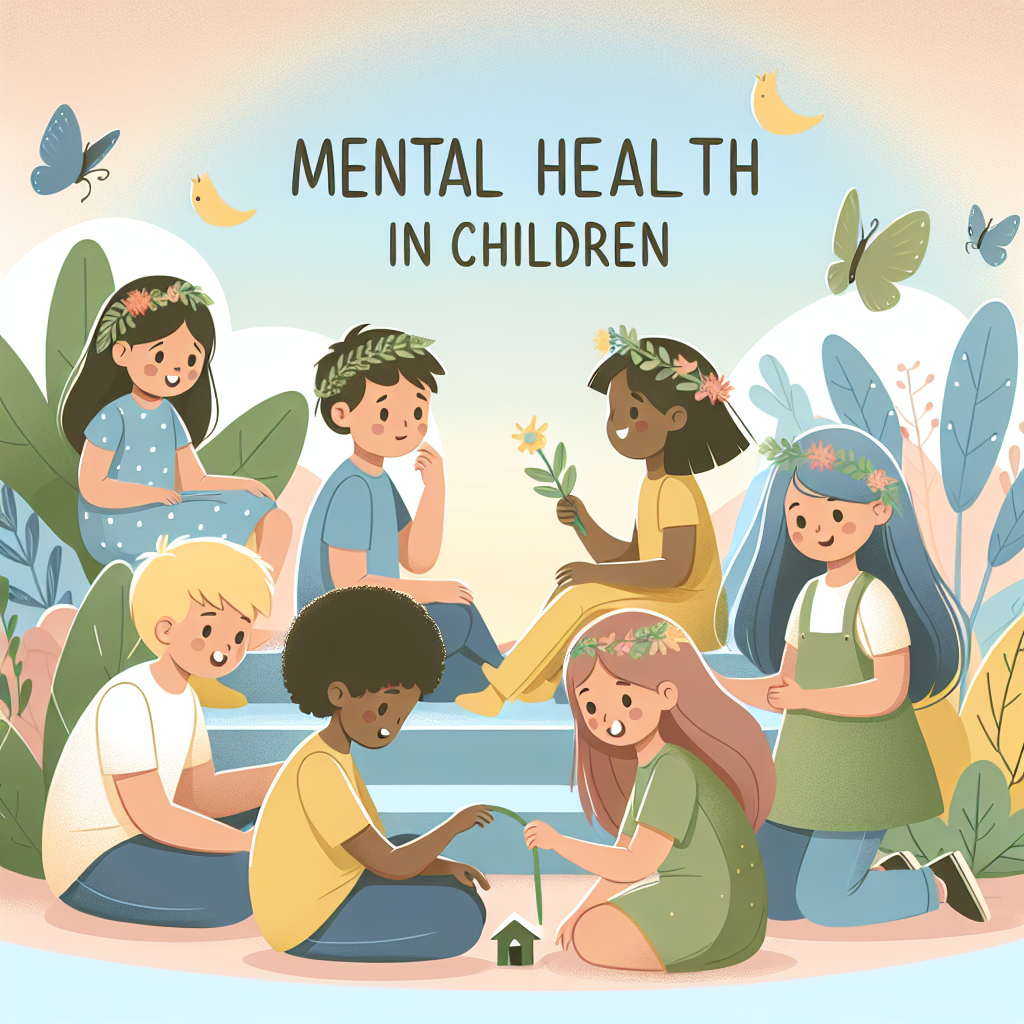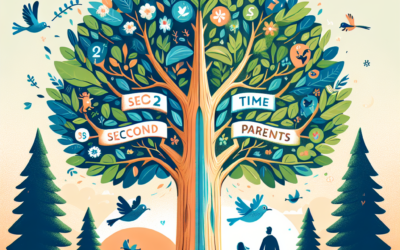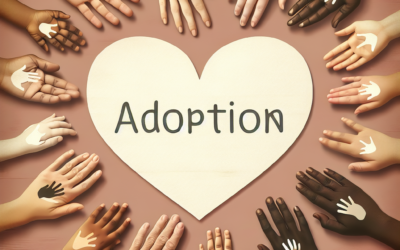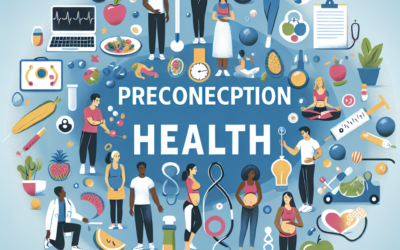The Importance of Mental Health for Babies and Expectant Mothers
Mental health is a critical aspect of overall well-being that affects individuals at all stages of life, including babies and pregnant women. During pregnancy, a mother’s mental health can significantly impact her unborn child’s development, laying the foundation for healthy emotional and mental functioning later in life.
How Maternal Mental Health Affects Infant Development
Research shows that a mother’s mental health during pregnancy can have profound effects on her child’s neurological, emotional, and social development. Conditions such as anxiety, depression, and stress can influence the unborn child through biological stress responses and hormonal changes. Infants born to mothers who experience high levels of stress may exhibit a number of challenges, including increased irritability, difficulties with feeding, and heightened risk for developmental delays.
Common Mental Health Challenges in Pregnant Women
Pregnancy can be a time of heightened emotions and psychological challenges, including:
-
Anxiety Disorders: Many pregnant women experience anxiety, which can be exacerbated by the changes and uncertainties that come with pregnancy.
-
Depression: Perinatal depression is a serious condition that can affect mothers both during pregnancy and postpartum, often leading to feelings of hopelessness, sadness, and a lack of energy.
-
Post-Traumatic Stress Disorder (PTSD): Women who have experienced trauma may find their symptoms resurfacing during pregnancy, making it crucial to address these concerns.
- Mood Swings: Hormonal changes during pregnancy can trigger significant mood fluctuations, making emotional regulation challenging.
The Role of Support Systems
Support from partners, family, friends, and healthcare professionals is vital in promoting mental wellness during pregnancy. Building a strong support network can:
- Help expectant mothers express their feelings and concerns
- Provide practical support, such as assistance with household responsibilities
- Encourage participation in prenatal classes or support groups to foster social connections
Encouraging Healthy Habits for Maternal Mental Health
Pregnant women can adopt several strategies to bolster their mental health:
- Regular Exercise: Physical activity releases endorphins that help elevate mood.
- Mindfulness and Relaxation Techniques: Practices such as meditation, deep breathing exercises, and prenatal yoga can reduce stress and promote relaxation.
- Balanced Nutrition: Eating a well-balanced diet supports both the physical and mental health of both mother and child.
- Sleep Hygiene: Prioritizing quality sleep is essential, as lack of rest can exacerbate mental health challenges.
Recognizing Signs of Mental Health Issues in Babies
Mental health challenges are not limited to expectant mothers; babies can also experience difficulties. Some signs to look out for include:
- Excessive crying or irritability
- Withdrawal or lack of interest in social interactions
- Changes in sleeping or feeding patterns
- Difficulty self-soothing
Early intervention can be crucial in addressing potential mental health issues, ensuring that children receive the supportive care they need for healthy development.
Conclusion: The Path to Positive Mental Well-Being
Understanding and addressing mental health issues in pregnant women and infants is critical for fostering healthy development in children. By implementing supportive measures, recognizing the signs of distress, and promoting healthy habits, families can create an environment that nurtures both maternal and child mental health. Improved mental wellness not only benefits the individual but also enhances family dynamics, providing a strong foundation for a healthier future.













